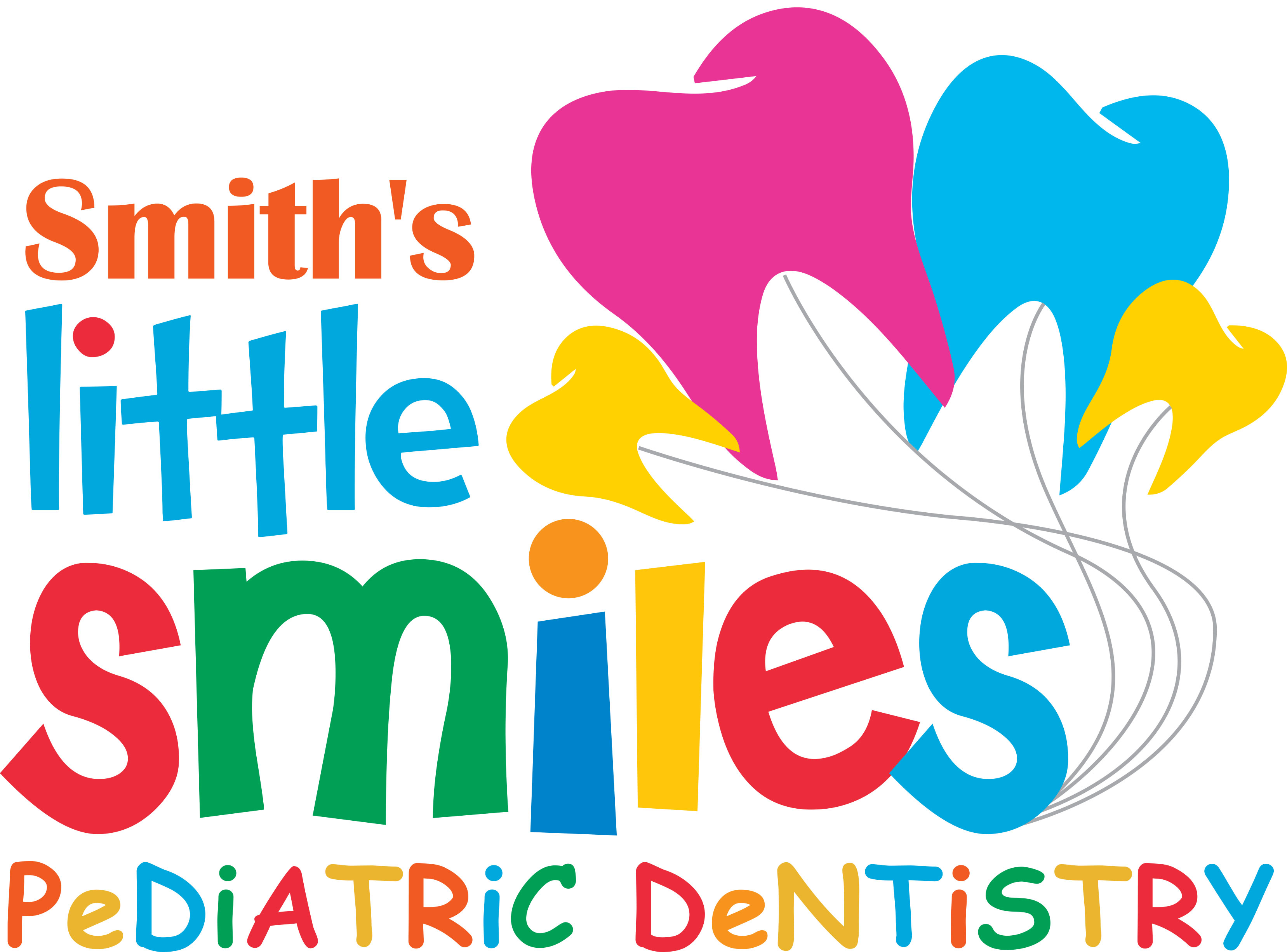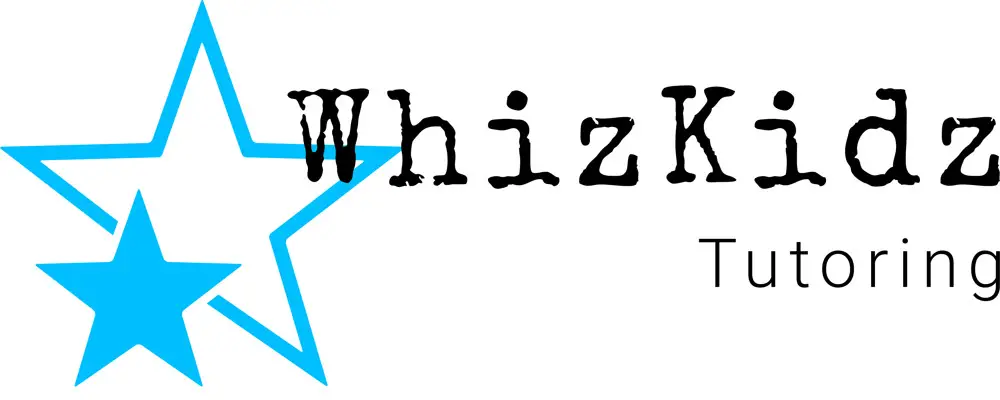How to Partner with Your Child's Teachers: Advice from the Experts in Westchester County, NY
Get the Best Family Activities
"As educators and certified teachers, we work to help each student reach his or her full potential in all aspects of education, not solely on exams. Doing so involves three partnerships: one between educator and student; another between parents and educator; and a third between parents and their child.
Parents always contact us when their children do not perform as well as they had hoped, yet they seldom contact us when their child succeeds - most often, the tutor must initiate contact to learn how a student performed on a class test or standardized exam.
Good communication between parents and teachers or tutors is paramount. Candid communication between all parties avoids difficult confrontations, especially when the participants remember there are three sides to every story: yours, his or hers, and the actual facts.
Although a parent expects a child's teachers to notify him or her immediately, and in a forthright manner, when the child's work falls below standard or the child fails to hand in homework assignments, the parent may not be made aware of such problems until a report card arrives. At that time, communication between parent and educator becomes essential. The easiest way for parents to initiate contact is via email. Emails work well until they become long, cumbersome documents. When that occurs, phone calls or meetings generally work more efficiently.
A primary requirement for successful communication is honesty and understanding on the part of both parties. A parent must be aware of his or her child's abilities, and be willing to accept the child's failures as well as successes. The educator, on the other hand, has a responsibility to both the child and parent to communicate his or her expectations and explain clearly how those expectations are not being met.
Once an interchange begins, parents must choose their words wisely, curbing their emotions as they communicate their worries or dissatisfactions. Parents have expectations for their child, which may differ markedly from the teacher's. Importantly, both participants must remain open-minded. Parents must listen and hear the teacher's words, respecting the teacher's expertise. The teacher, too, must listen and hear the parents' concerns. A parent must understand that not all children have equal learning abilities - some are better learners than others, and not all children can receive A's. Conversely, the teacher needs to understand that not all children learn at the same pace, so expectations may need to be modified, as well.
Intervention by a department chair or principal may be required if a parent feels that his or her concerns are not being addressed. The child should not be present during any of the parent-educator discussions or meetings. Once a resolution is reached, then - and only then - the child may enter the conversation to learn how his or her performance issues can be rectified.
One last word of advice to parents: In most instances, arguing over a grade is a battle not worth waging. Teachers follow specific guidelines to determine cutoffs. If 89.5 percent is the cutoff for an A, and your child has 89.4 percent, accept the fact that that 89.4 percent falls below the cutoff. Consider this situation: If a higher-taxed income bracket begins at 90 percent and you are in the 89.4 percent range, you certainly wouldn't question, let alone argue, to be in that higher tax bracket. So, why second guess your child's teacher? Arguing over one-tenth of a percent is crossing a boundary that never gleans the best results for your child. So, parents, choose your battles wisely."
- Judy Suchman, director, Chappaqua Learning Center, Chappaqua
See more advice from other area experts.





